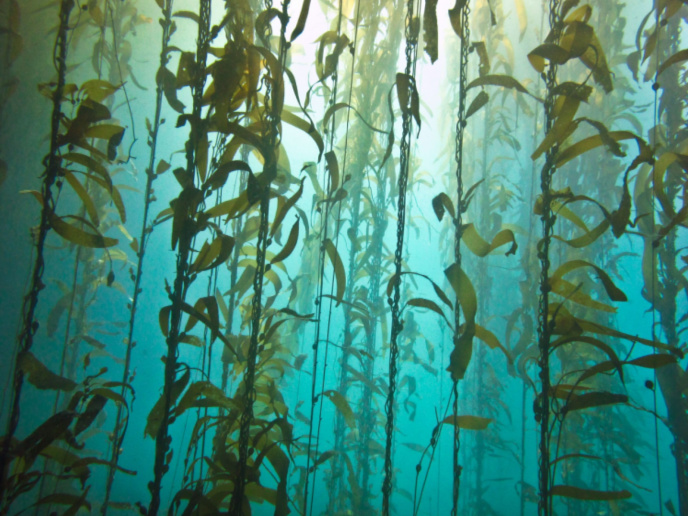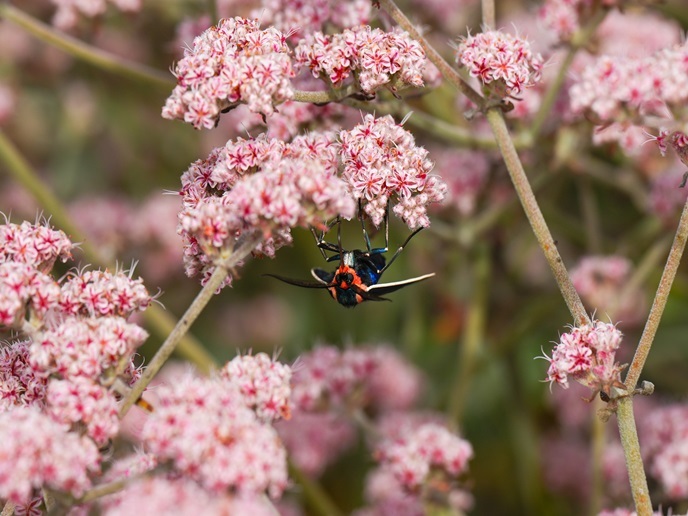Advancing bioeconomy in Central and Eastern Europe
Despite being rich in biomass resources and bioeconomy potential, many countries from Central and Eastern Europe (CEE) have lacked comprehensive national strategies to harness these assets. The EU-funded CEE2ACT(opens in new window) project has been working to change this scenario by helping 10 nations – Bulgaria, Croatia, Czechia, Greece, Hungary, Poland, Romania, Serbia, Slovakia and Slovenia – develop their own bioeconomy roadmaps. What sets the project apart is its emphasis on cooperation, leveraging the experience of Belgium, Germany, Spain, the Netherlands, Austria, Finland and Sweden to share effective governance models and best practices. “CEE2ACT’s participatory ‘bottom-up approach’ is a response to the urgent need to accelerate the current development of effective national bioeconomy strategies and builds on successful strategies from more advanced or experienced countries,” states Daniel Ganszky, CEE2ACT project coordinator.
Learning from expertise
From the project’s collaborative model, crucial insights have emerged. Finland demonstrated the importance of inter-ministerial coordination, while Sweden emphasised involving the private sector. Germany highlighted the need to engage citizens through innovative means, and Spain applied this principle through electronic communication tools. These and other lessons can be found in the policy paper ‘Best Practices for Stakeholder Engagement: Co-Creating National Bioeconomy Strategies’(opens in new window). Another example of joint effort was the site visit organised and hosted by Wageningen University & Research in the Netherlands for CEE partners and stakeholders. “Participants learned about the cross-sectoral governance models and circular bioeconomy initiatives implemented in the Netherlands, and gained practical insights into stakeholder engagement and policy design, which they are now using for developing their National Bioeconomy Roadmaps,” reports Ganszky. The visit also enabled stakeholders from all 10 CEE countries to exchange knowledge and experiences, reinforcing the project’s spirit of cooperation.
Building capacity through digital tools
To facilitate the exchange of ideas, CEE2ACT has established National Bioeconomy Hubs(opens in new window), which are platforms that bring together stakeholders through workshops, training sessions, forums and other activities. A suite of digital tools serves as the foundation for the hubs to build their bioeconomy capacity. An e-learning platform offers interactive exercises and online courses, while an online inventory showcases good practices and bioeconomy-related projects. A self-assessment tool enables administrative bodies at local, regional and national levels to evaluate their bioeconomy development status and receive recommendations. Finally, there is a business-to-business matchmaking tool that helps stakeholders – SMEs, large companies, research institutions and others – build partnerships.
From strategy to implementation
CEE2ACT has delivered action-oriented outputs that go beyond theoretical frameworks: e-solutions, memoranda of understanding for national stakeholders and, most importantly, the roadmaps tailored to each country’s specific context. “The National Roadmaps will facilitate the restructuring of industries and modernisation of production systems, while also preserving biodiversity and the welfare of European citizens,” says Ganszky. “They contribute to the Sustainable Development Goals, boosting institutional engagement in the countries’ transition towards a circular bioeconomy.” These outcomes are particularly significant given some of the region’s main challenges, including the tendency to export raw biomass rather than valorise it locally, and insufficient policy and legal frameworks. Through its efforts, CEE2ACT is addressing these barriers by mobilising private-sector actors, increasing public awareness of bioeconomy issues and ensuring deeper local ownership of strategies. The project has also strengthened its impact through collaboration with other relevant initiatives, such as the BOOST4BIOEAST project, and is part of the Rural Bioeconomy Alliance(opens in new window).







